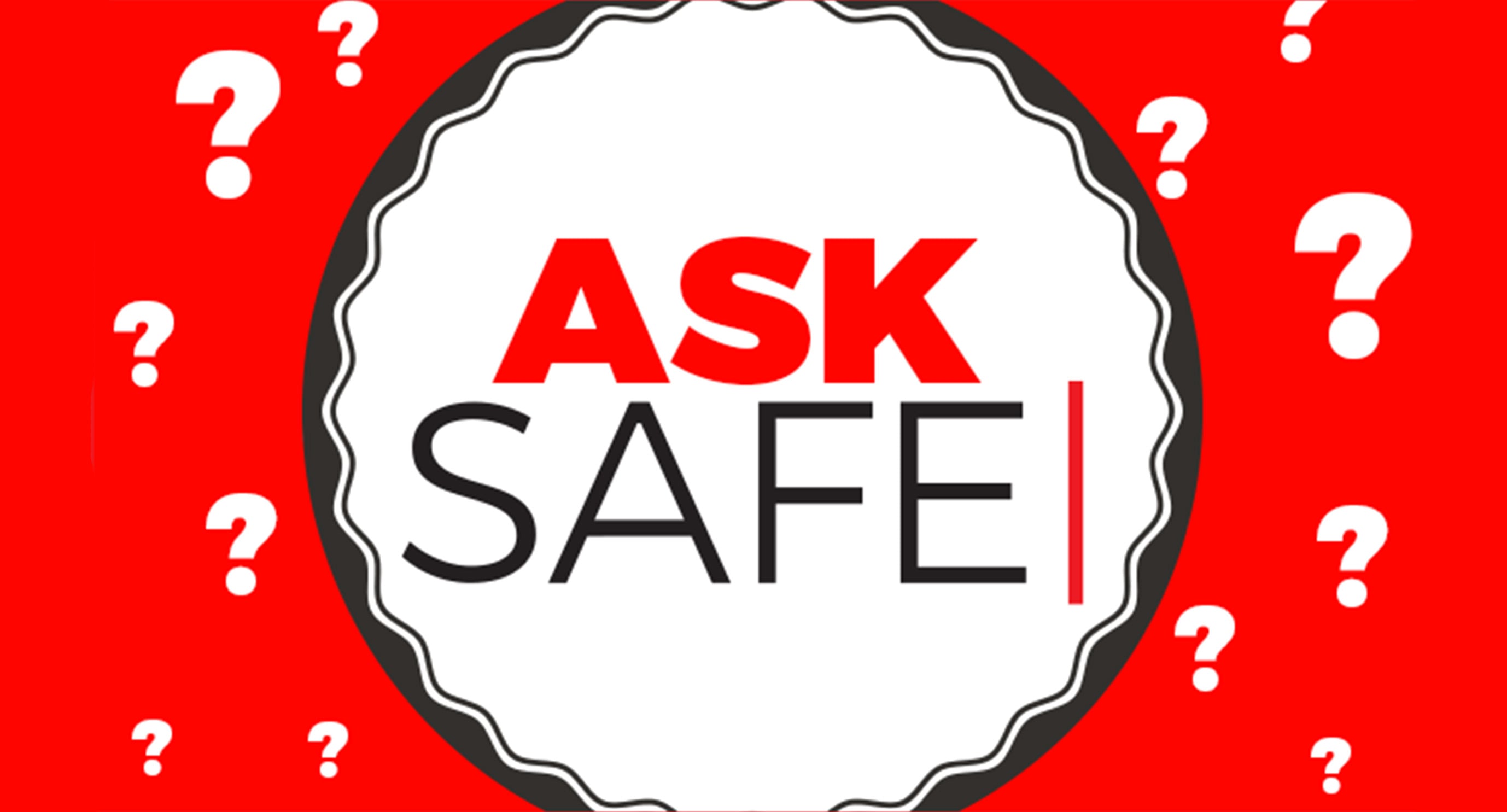Ask SAFE: Spring break
Written by SAFE
Before we get to this month’s ask SAFE, please understand that sexual assault and harassment are never the fault of the survivor. No matter what the survivor did or didn’t do – got in the car, had a lot to drink, didn’t put up a fight – the survivor is not to blame. When an act of sexual violence has happened, the only person who could have it prevented it is the perpetrator.
SAFE promotes a culture that values consent and does not accept violence and abuse. We’re also not blind to the very real dangers in our society. Our culture is built so that unsafe things often coexist with fun times. We can all be mindful of our surroundings and stay aware of the aspects of our society that breed violence.
Ask SAFE
Answers provided by Juliana Gonzales, Senior Director of SAFE Sexual Assault Service, and adapted from from the SAFE Word podcast.
My daughter is a senior in high school, and she and her friends are going on a trip together to the beach for spring break. I want her to have fun and experience new things, but I can’t help but worry about her safety while she’s away. Should I have a conversation with her beforehand about how she can stay safe?
Yes! Have that conversation. Always have that conversation. There’s nothing wrong with wanting your loved ones to have fun and be safe.
In your conversation, you may want to talk about the importance of looking out for ourselves our friends. That doesn’t just mean keeping each other safe, but also calling people out when they’re crossing boundaries. That’s how we shape a society that values consent.
I also tell people to really listen to their inner voice. Their intuition. A lot of times, we know that something isn’t safe. We know that somebody doesn’t have our best interest in mind. We’re sort of socialized to ignore that – to be polite and to assume the best about people. Some of the best advice I would give is to listen to that little intuition.
And in that conversation with your daughter, let her know that if she’s not comfortable with something, end it. She gets to tell people no. That’s not rude. That’s just watching her own boundaries and maintaining her own safety. That goes for your daughter and that goes for everybody around her.
Whenever my friends and I go out, one of us always has a creepy experience with someone at the bar. It’s always uncomfortable, and I’m never quite sure of what to do when that happens. How can I safely intervene when someone is making me or my friends uncomfortable?
I’m sorry that’s happening – that’s such crap. Nobody’s entitled to make you feel scared or even creeped out. You should be able to be out with your friends. You should be able to talk to people and not have to enforce boundaries all the time.
Personally I would start by just politely telling the creepsters that you’re not interested. If that doesn’t work I’d probably remove myself physically from the situation and walk away.
If that doesn’t work, I’d try to get other people involved. Friends can help here, but it might also benefit you to get somebody from outside your group involved. If you’re comfortable using a loud voice to say “I want you to leave me alone now!” that may get other folks to intervene.
And if you notice someone making others uncomfortable – and if you feel it’s safe to do so – you can be the person who intervenes. Sometimes all it takes is saying “dude, that’s not cool.” Please don’t put yourself in danger, though.
I’m in college, and my friends and I are going on our last spring break trip together before graduation. I know we’ll have a great time, but I also want to make sure we stay safe while on vacation. What can I do to make sure nothing bad happens to me and my friends?
First of all, spring break trips with your friends don’t have to end after college.
I’d also like to point out that traveling or going out during spring break does not put you in inherent danger. It’s certainly wise to have a safety plan and be aware, but when we’re talking about sexual violence, in most cases the survivor knows the perpetrator.
Perpetrators of sexual assault are strangers to the victim in just 20 percent of instances. Sexual assault happens most often in intimate partnerships and between acquaintances.
So when it comes to being safe, I’d say use the same precautions you’d use for anything. I think traveling in groups is a good bet. Make sure you have a communications plan and a safety plan. Make sure that you have safe transportation home. Get help if you need it. Always listen to your own inner voice.
And when it comes to violence and abuse, I think the best thing we can do in our communities is to change the culture – to talk about consent and to loudly enforce our boundaries.